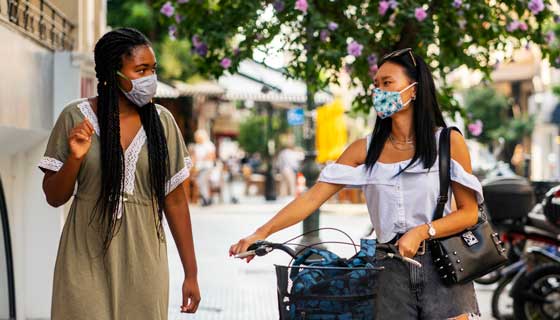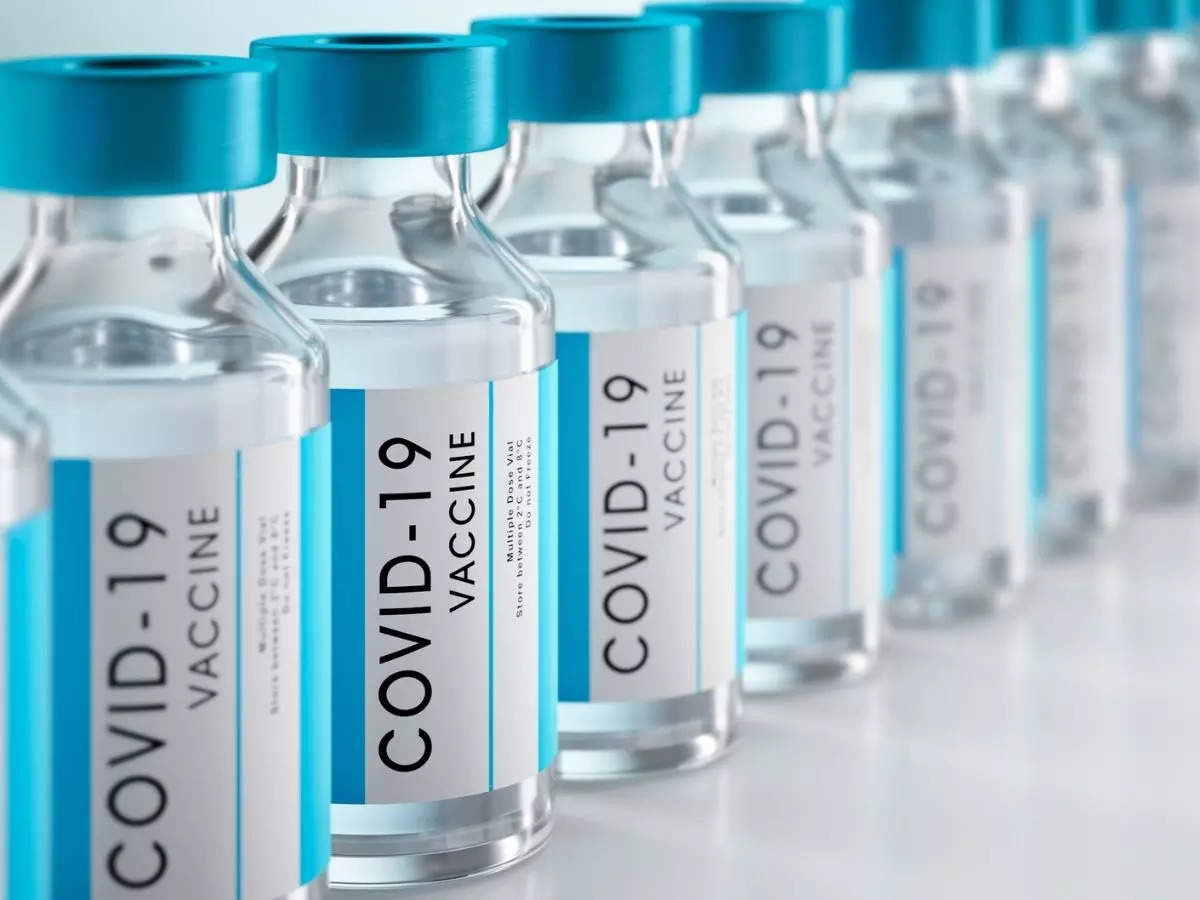Someone who decided against the vaccine then?
I get the impression
@Amity Island that for you the term ‘anti vax’ has taken on other layers of meaning and stigma? Which seems to cause you quite a lot of frustration.

But at its root, surely it just means someone who was hesitant or uncertain enough about taking the recommended vaccine to decide against getting their dose, and subsequent boosters? A number of vaccines were developed and offered in the UK, that had good evidence to show they reduced risks associated with catching sars-cov2, developing Covid-19, and then either having a severe case, or potentially giving it to others who might. But some people decided against that vaccine. They were not
pro-vaccine, if you like. People read things that made them worry about the vaccine and they decided against (anti) getting the vaccine (vax).
In order for a vaccination programme to be effective, it’s important that there is a significant take-up - in recent years cases of measles in the US have sky rocketed because fewer children had been vaccinated after (now discredited) stories of risk. And more cases of measles among unprotected children mean that the disease spreads, because it’s so highly contagious. And eventually lands on some poor kid who has a really bad case, with potentially life-changing, or tragically life-ending consequences.



